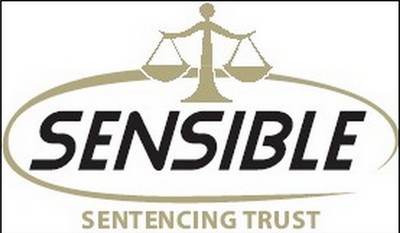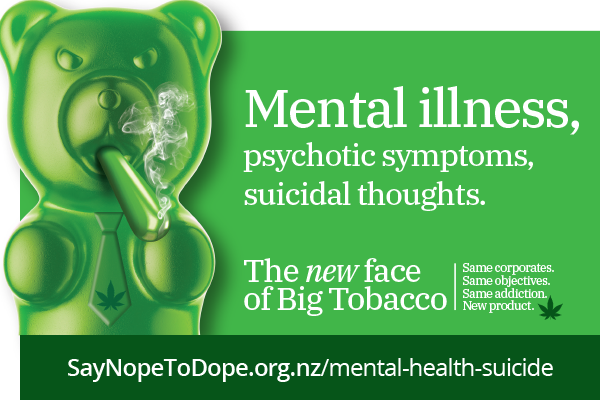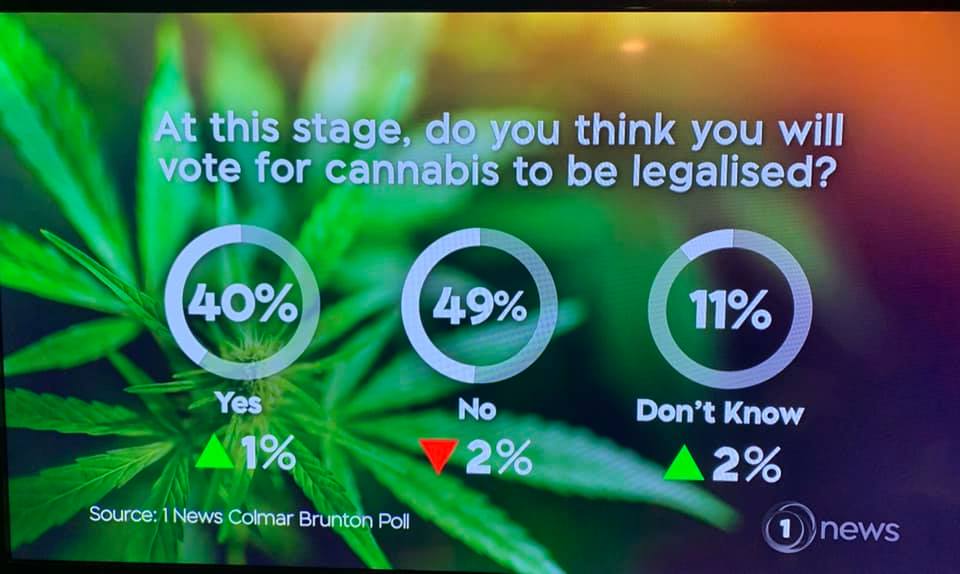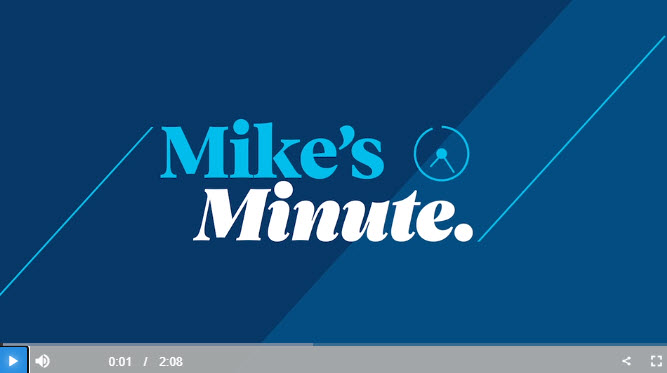
NewsTalk ZB 2 July 2020
Our additional comment: “…the government funded Drug Foundation did exactly that. They spent hundreds of thousands of dollars from we know not who, in telling you to vote yes. Where was Andrew Little then? Even after June 19, groups are still able to spend $100,000 money, once again from anyone they can get it from. Why is it a problem for Family First, and not for the Drug Foundation? Why didn’t Little ring Family First and ask them about SAM? And when they told him not a cent was coming from offshore, he would have been able to stay well out of the debate… Integrity and credibility are foundation traits for any government in any exercise of this sort. Little has blown that sky high.
Why on earth would the government, or Andrew Little in particular, be remotely bothered as to whether Family First were getting money for their “no” campaign against legalising dope in the vote in September.
The allegation is that a lobby group out of America called SAM is helping fund them. First and most important point is, it is not true. But what if it was? This is the government that doesn’t apparently hold a view. Ask the Prime Minister which way she’s voting, and she’ll run for the hills.
Ask Andrew Little he’ll do the same. He’ll spout platitudes about democracy, neutrality, and balance.
He is a hypocrite. His reaction to a lobby group being involved in funding gives him away. He’s exercised because they’re losing the debate. The Colmar Brunton poll this week has the no vote winning 49 percent to 40.
And he thinks foreign money might swing support away from what he clearly wants, despite the fact he’s neutral.
The most egregious and hypocritical aspect of all of it, this is the government that put virtually no rules around this. This is the government that up until June 19th would allow you to promote your pro or anti cause using whatever money you wanted from who ever you got it from. And the government funded Drug Foundation did exactly that. They spent hundreds of thousands of dollars from we know not who, in telling you to vote yes.
Where was Andrew Little then? Even after June 19, groups are still able to spend $100,000 money, once again from anyone they can get it from. Why is it a problem for Family First, and not for the Drug Foundation? Why didn’t Little ring Family First and ask them about SAM? And when they told him not a cent was coming from offshore, he would have been able to stay well out of the debate.
There us nothing worst than dishonesty in these sort of matters. Why pretend to be neutral, when clearly you’re not? Why have a structure that allows any man and his dog to throw money at a cause with no public disclosure? And then when an incorrect allegation is tossed at the side you don’t like, you suddenly get all exercised about it and end up spouting false allegations off the back of no homework?
Integrity and credibility are foundation traits for any government in any exercise of this sort. Little has blown that sky high.
https://www.newstalkzb.co.nz/on-air/mike-hosking-breakfast/video/mikes-minute-governments-cannabis-agenda-has-been-exposed/


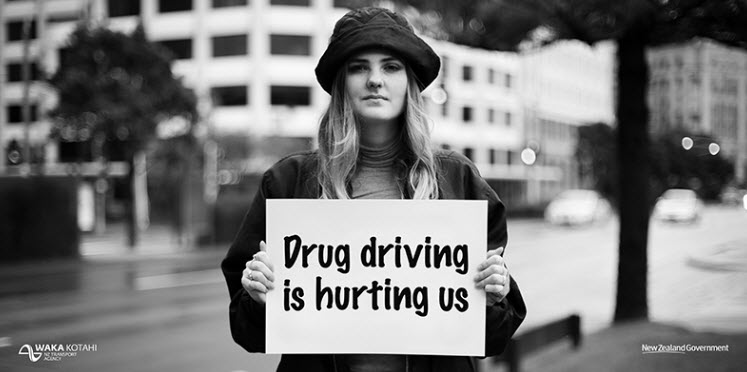
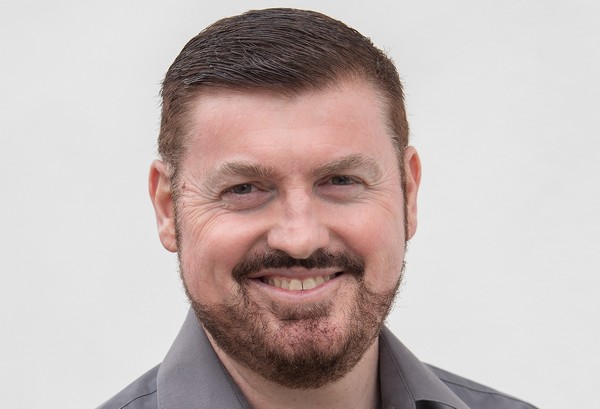

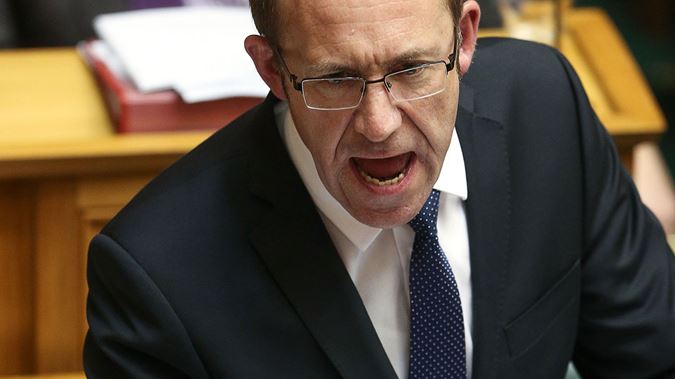
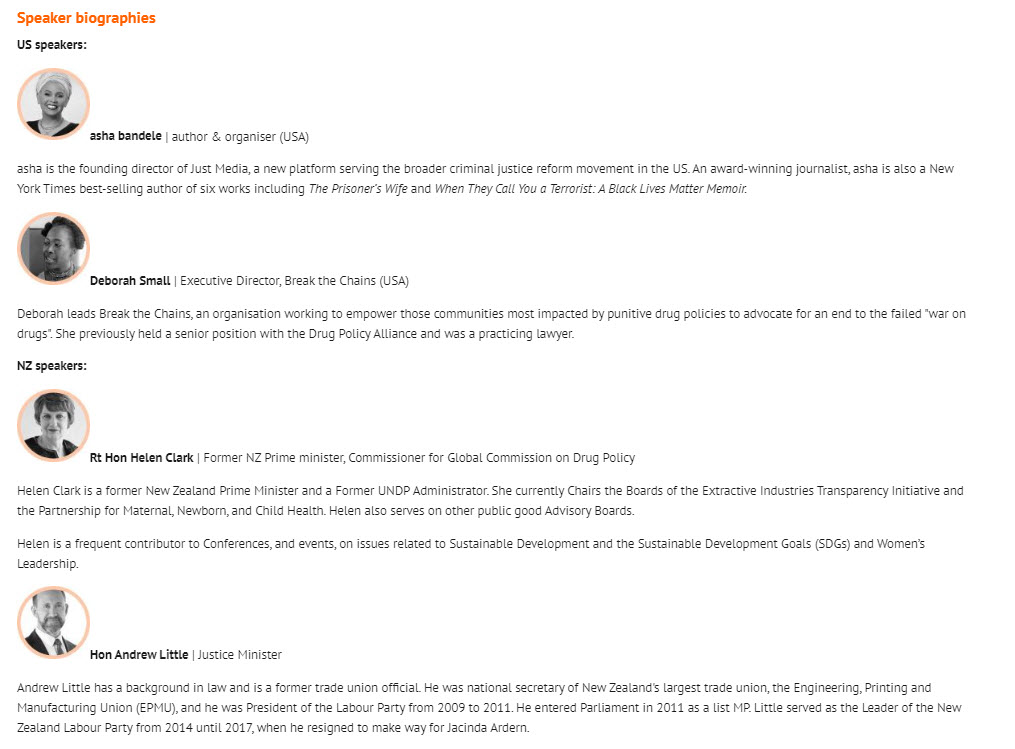 Newstalk ZB 1 July 2020
Newstalk ZB 1 July 2020